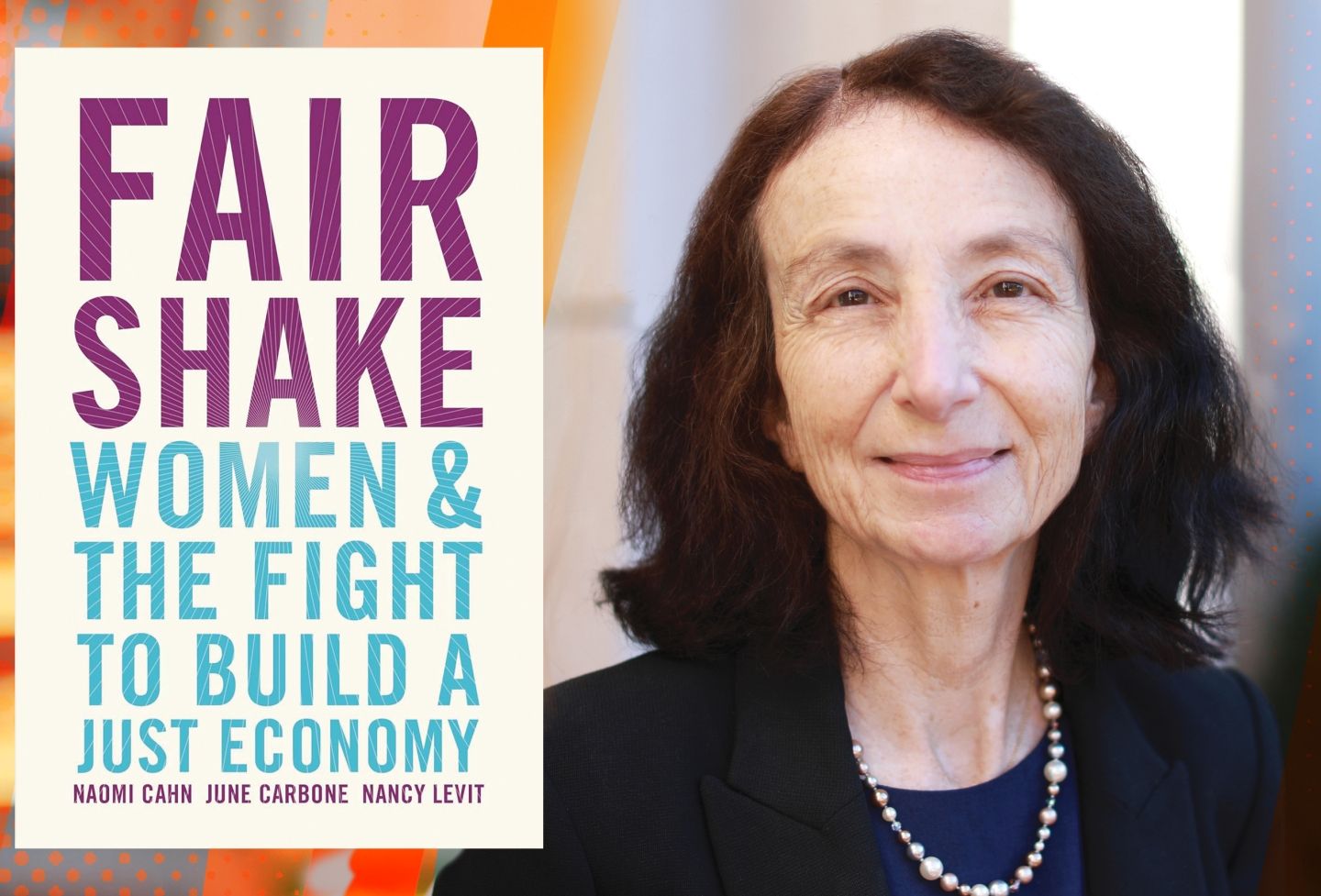The nation’s schools need funding and other resources to combat the lasting effects of segregation, University of Virginia President Jim Ryan ’92 says on the season finale of “Common Law,” a UVA Law podcast.
Ryan, an expert on law and education and the former dean of the Harvard Graduate School of Education, is the author of “Five Miles Away, a World Apart: One City, Two Schools and the Story of Educational Opportunity in Modern America.” Published in 2010 when Ryan was on the UVA Law teaching faculty, the book focuses on two high schools in the Richmond, Virginia, area. Though they were just five miles apart, the schools had different racial makeups in the student body and different outcomes in testing, college attendance and dropout rates.
Ryan explains on the show that segregation in public schools has become entrenched.
“To the extent neighborhoods are segregated, schools will be segregated,” he says.
Though the Supreme Court’s Brown v. Board of Education decision declared that “separate but equal” schools were unconstitutional in 1954, change happened slowly, then came to a halt in 1974. That’s when the Supreme Court ruled in Milliken v. Bradley that courts could not mandate desegregation accross school district lines in order to desegregate schools. The decision drove “white flight” from cities to the suburbs and ingrained school district lines.
“There’s this myth out there that we tried really hard to desegregate the schools — I mean, we gave it our all, but it wasn’t successful, and so it’s a classic example of the limits of the law,” he says. “That’s not actually the truth. We — if you think about the judicial system — did not give it our all. We delayed for 10 years after Brown, then got serious for a few years, and then put this enormous obstacle to desegregation.”
Ryan says although urban schools sometimes spend more per pupil than whiter suburban schools, they need even more funds to assist school populations that are more food-insecure, have more special needs, or that more often face difficult home circumstances.
Ryan and the hosts discuss how to reduce disparities, the need to strengthen career paths apart from the college track, and what UVA is doing to help its own first-generation students.
Hosted by Dean Risa Goluboff and Vice Dean Leslie Kendrick ’06, “Common Law” focused this season on “Law and Equity.”
While the themes of the first two seasons were temporal — the first focused on “The Future of Law” and the second looked back at “When Law Changed the World” — the third season looked across time at a variety of legal issues, asking what equity means and examining how it interacts with law.
“Common Law” is available on Apple Podcasts, Stitcher, YouTube, Spotify and other popular places you can listen to podcasts. The show is produced by Emily Richardson-Lorente.
You can follow the show on the website CommonLawPodcast.com or Twitter at @CommonLawUVA.
Founded in 1819, the University of Virginia School of Law is the second-oldest continuously operating law school in the nation. Consistently ranked among the top law schools, Virginia is a world-renowned training ground for distinguished lawyers and public servants, instilling in them a commitment to leadership, integrity and community service.


